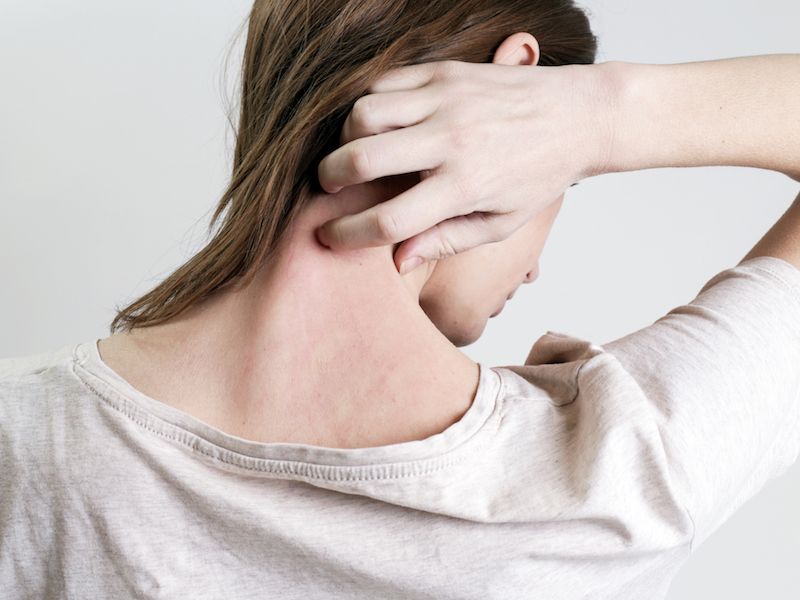
When you think about psoriasis, you most likely recall all those commercials showing people with skin issues. Psoriasis is more than skin problems and actually impacts your general health. Psoriasis is commonly misunderstood and minimized, due to a lack of knowledge of how psoriasis impacts sufferers as well as the serious conditions that can be related to this disorder. Psoriasis causes reactions throughout the whole body although skin plaques are the most familiar symptom: Continuous Irritation that can increase the danger of metabolic conditions and cardiovascular disease.
Psoriasis is also connected to another problem according to a different recent study: Hearing loss. Published in The Journal of Rheumatology, this study looked at connections between psoriatic arthritis, mental health, and hearing impairment. Psoriatic arthritis has an impact on the joints, and is a form of psoriasis, causing swelling, difficulty moving, and pain. Sufferers may also suffer from psoriasis, but with psoriatic arthritis, it’s possible to have irritation without also having the common plaques.
Like rheumatoid arthritis (and like psoriasis), psoriatic arthritis is an autoimmune illness, the sufferer’s body is essentially attacking its own healthy tissue. But psoriatic arthritis varies from rheumatoid arthritis in that it’s usually asymmetrical (so you could have it in one knee but not the other), and that besides joints, it often targets sufferer’s nails (resulting in painfully swollen fingers and toes) and eyes.
Based on the findings of this recent study, swelling from psoriatic arthritis could also affect hearing. A large control group of individuals with neither psoriasis or psoriatic arthritis were compared to people who had one or the other condition. They found that the group with psoriatic arthritis was more inclined to have hearing impairment, and those reports were supported by audiometric testing. Even when controlling for other risk elements, psoriatic arthritis sufferers were significantly more prone to have loss of hearing than either {psoriasis sufferers or the control group}.
But that’s not to say there’s no connection between psoriasis, psoriatic arthritis and hearing loss. A 2015 study found that people who have been diagnosed with psoriasis are at a significantly higher risk of getting sudden sensorineural loss of hearing, or sudden deafness. The capability to hear diminishes substantially over three days or less with sudden sensoroneural hearing loss. There are numerous likely causes for this, but scientists think that sudden psoriasis flare-ups could be to blame. The hearing might be diminished if this takes place around or in the cochlea. This form of hearing loss, in many situations, can be helped by treatments that alleviate psoriasis., but hearing aids are often recommended when sudden deafness does not react to other treatments.
If you suffer from psoriasis or psoriatic arthritis, it’s worthwhile to monitor your hearing. Schedule your yearly healthcare appointment along with normal hearing tests. Disease caused by inflammation can lead to inner ear harm, which can lead to hearing loss and problems with balance. Psoriasis and psoriatic arthritis are both also linked to depression and anxiety, both of which can be further aggravated by hearing loss. Other health concerns, like dementia, can be the outcome if you don’t catch loss of hearing early.
With early treatment, you can keep in front of the symptoms by having your hearing checked regularly and working with your doctor, comprehension is crucial. Neither hearing loss nor psoriasis should influence you to compromise your quality of life, and having the right team on your side can make a big difference.